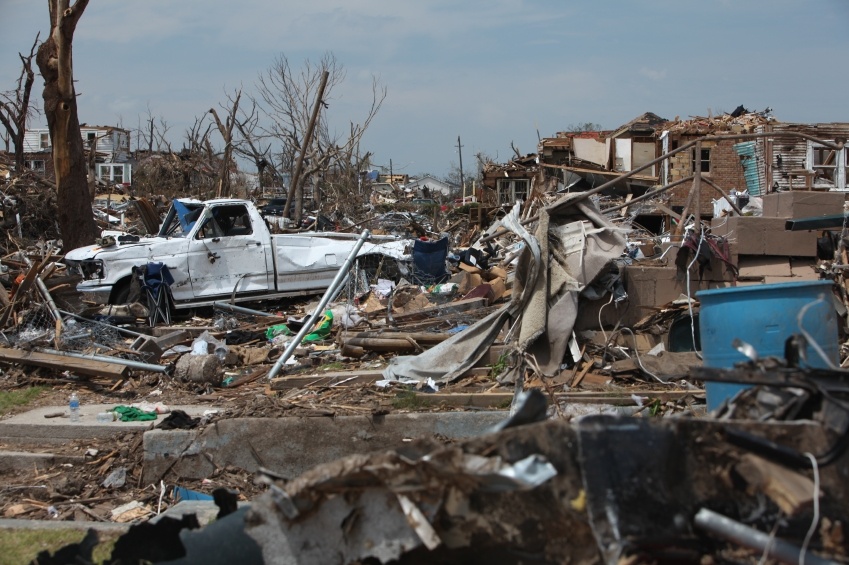Post-pandemic planning

At the time of this writing, the coronavirus (COVID-19) pandemic is still with us. Stay-at-home orders are in place or are gradually being lifted, and the world is trying to figure out the safest way to return to whatever our new normal will be. COVID-19 caught everyone by surprise and forced us to respond in a trial-by-fire fashion. Many employers already had contingency plans in place that were adaptable to the pandemic, while others struggled to respond.
Now, with some hindsight, it is increasingly evident why risk management is so important for motor carriers. The world may never see another crisis like this pandemic, but other events can certainly take its place. Here are some basic contingency planning ideas to consider.
SUCCESSION PLAN
Natural disasters, catastrophic vehicle crashes, and other manmade calamities are not the only types of disastrous events that can cripple a trucking company. The loss of a key employee, either to retirement, resignation, or death, could leave a motor carrier reeling. Planning ahead for such a contingency can help the company make a seamless transition when a sudden departure occurs. Succession planning goes beyond naming who will take over in an emergency. It also includes identifying high-potential candidates who can be groomed to step in when needed.
BUSINESS CONTINUITY PLAN
Business continuity refers to how the company will continue operations in the face of a major disaster, which can include the loss of a major customer. Start by developing a written plan to identify key business areas and critical functions. Consider how much downtime is acceptable for these areas. Additionally, create a plan to maintain operations in an emergency.
An emergency action plan should include the contact information for emergency responders and key personnel, a procedural checklist for responding to specific incidents (i.e., fires, tornados, infected coworkers, etc.), plus a list of essential supplies and equipment, such as data backups. Also, think of how you will communicate with workers and dispatch drivers remotely.
SAFETY PROTOCOLS
Before employees return to work, think of steps you can take to create a safer and cleaner work environment. Start by consulting legal counsel to discuss requirements and specific issues in your jurisdiction. Next, focus on employee training. Plan on educating employees on any post-pandemic changes to company safety policies and procedures before they return. This safety training can include changes to healthy hygiene practices, cleaning and disinfecting equipment and work areas, social distancing, and isolation practices for infected workers.
Likewise, bringing employees back to work could include checking their temperatures daily at the door and wearing face masks, gloves, and other personal protective equipment (PPE). Be prepared to provide essential PPE to workers upon their return and train them on how to use it. For more information, the Centers for Disease Control website provides employers valuable information to help protect employees.
CALL TO ACTION
-
Develop a succession plan.
-
Create an emergency action plan.
-
Develop a business continuity plan.
-
Conduct training for affected workers whenever safety policies and procedures change.
Note: These lists are not intended to be all-inclusive.
The information in this article is provided as a courtesy of Great West Casualty Company and is part of the Value-Driven® Company program. Value-Driven Company was created to help educate and inform insureds so they can make better decisions, build a culture that values safety, and manage risk more effectively. To see what additional resources Great West Casualty Company can provide for its insureds, please contact your safety representative, or click below to find an agent.
© Great West Casualty Company 2020. The material in this publication is the property of Great West Casualty Company unless otherwise noted and may not be reproduced without its written consent by any person other than a current insured of Great West Casualty Company for business purposes. Insured should attribute use as follows: “© Great West Casualty Company 2020. Used with permission by Great West Casualty Company.”
This material is intended to be a broad overview of the subject matter and is provided for informational purposes only. Great West Casualty Company does not provide legal advice to its insureds, nor does it advise insureds on employment-related issues. Therefore, the subject matter is not intended to serve as legal or employment advice for any issue(s) that may arise in the operations of its insureds. Legal advice should always be sought from the insured’s legal counsel. Great West Casualty Company shall have neither liability nor responsibility to any person or entity with respect to any loss, action, or inaction alleged to be caused directly or indirectly as a result of the information contained herein.




